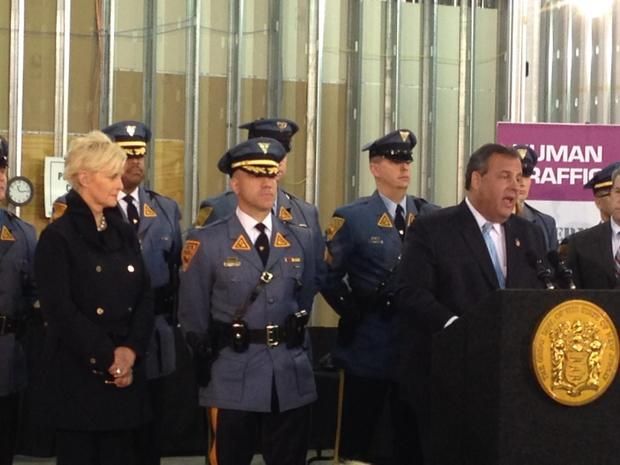Whether one is a football fan or not, or if one's team makes it, the Super Bowl is recognized as the biggest sports event of the year and is watched by millions. Aside from football, everyone tunes in to see the million-dollar worth commercials produced by countless of businesses over a group of friends partying or eating delicious food. However, there is a dark, disturbing side to this time of year that many fail to recognize as a serious problem: human trafficking.
In fact, Bill Blacquiere, president and CEO of Bethany Christian Services, says that "the Super Bowl is known as the single largest human trafficking event in the United States." Though the mix of these two elements mixed together seemingly makes no sense from a point of view, the amounts of people that a single event attracts is the opportunity for many criminals use to exploit trafficking. The multitude of crowds from all around makes such forced slavery accessible on this day.
According to trafficking reports, over "10,000 prostitutes were brought to Miami for the 2010 Super Bowl" and "133 underage arrests were made for prostitution during the 2011 Super Bowl."

With Super Bowl XVIII taking place in New Jersey, Gov. Christie warns the public of the dangers of human trafficking on this busy day.
With Super Bowl XVIII this Sunday, New Jersey police and officials are amping security and bringing awareness through January's National Human Trafficking Awareness Month about the dangers of human trafficking on this day. New Jersey Coalition Against Human Trafficking, states that this day is a profitable business day to capture and exploit many helpless individuals. "The Super Bowl attracts tens of thousands of fans to the host city ... but it also attracts a sector of violence, organized criminal activity that operates in plain sight without notice."
New Jersey Governor Chris Christie has publicly addressed the issue of sex slavery during the biggest night in sports. With the Broncos and Seahawks traveling to New Jersey for the championship game, Governor Christie stated that "intimidation is [human trafficking's] biggest element," and that the city needs to be careful to take the proper precautions against this violence.
Many organizations are taking this week leading to the game to bring awareness on the issue that often goes unnoticed. The founder of Bridget's Dream, an organization that benefits human trafficking, Leah Albright-Byrd, produced a Public Service Announcement in time for Super Bowl Sunday to warn of the dangers of trafficking. Albright-Byrd, who was a victim of sex trafficking for through streets and Internet for four years, made the foundation in honor of her fallen friend Bridget Gray, who was also captive but strangled to death by her pimp in 2006.
The human trafficking has become a business that has expanded dangerously as "lucrative" for many years, though there has not been exposure to this issue particularly on Super Bowl Sunday. According to Elite Daily, the human trafficking business produced $9.5 billion in the United States alone with an additional $32 billion worldwide. Figures from the report have also shows that in the United States, there are "100,000 to 150,000 underage sex workers currently active."
With the city officials and organizations such as Bridget's Dream bringing awareness, the hope to reduce human trafficking persists, especially on what is supposed to be a family-friend sporting event. "That's the real issue here," states Blacquiere. "People are unaware. I think especially as Christians, we need to stand up and to protest what's going on."














